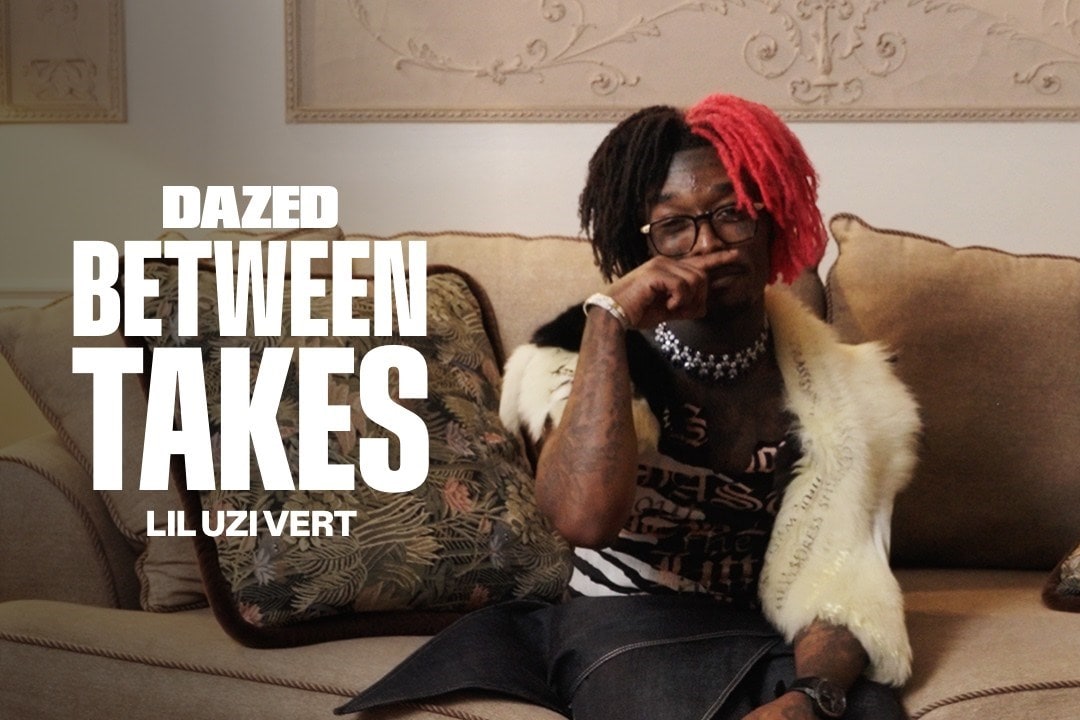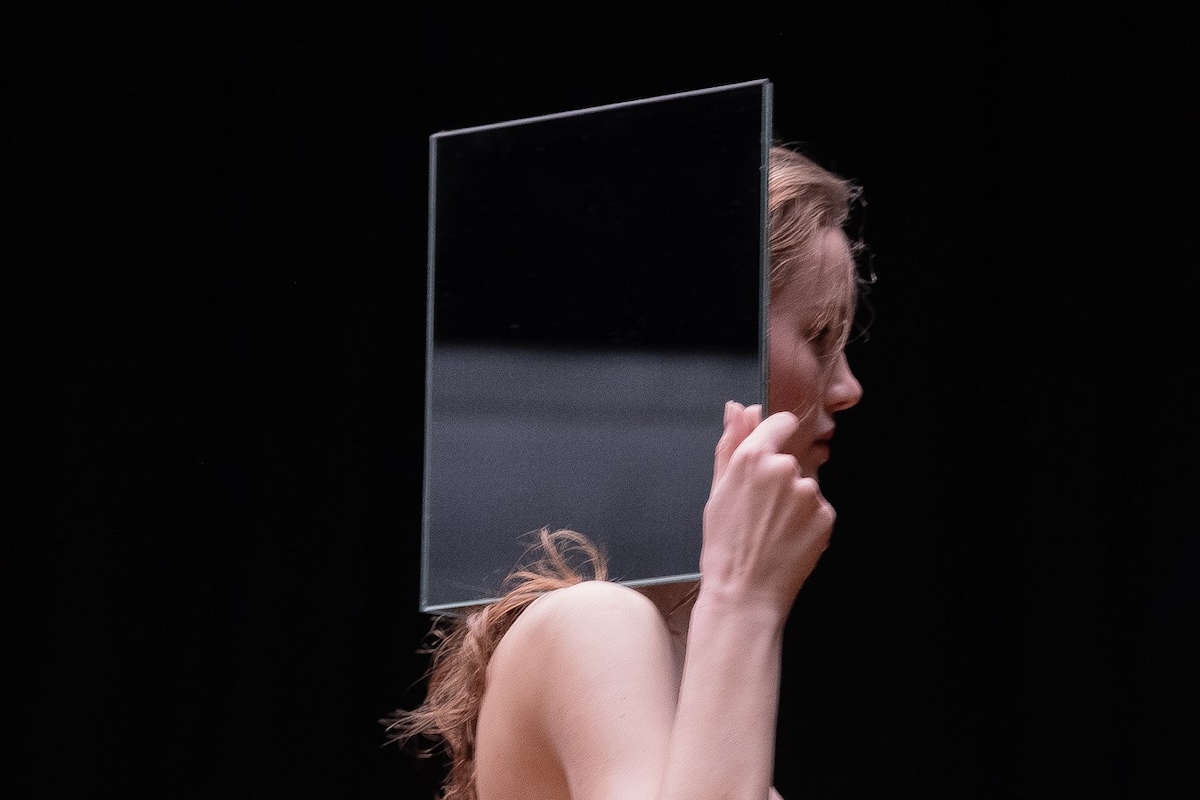Among the list of new words added to the Cambridge Dictionary in 2025, two of the standouts include “skibidi” and “tradwife”. In other words, the Cambridge Dictionary has finally confirmed what we’ve all come to suspect: life is getting more nonsensical, and more regressive – lovely news. It’s also, as experts at the dictionary point out, increasingly dominated by internet culture, which we can see transforming the English language in real-time.
The full list contains thousands of words added to the dictionary over the course of 2025, including new labels for our dysfunctional political system – “broligarchy” – and terms, like “snackable” content, to describe our plummeting attention spans. Other changes include updates to existing words, like “red flag” and “green flag”, which have taken on more romantic connotations in recent years.
The words that have made the most headlines, however, are “skibidi”, “tradwife”, and “delulu”. At first glance, these might not seem like they have too much in common, but each can be traced back to pervasive memes that emerged, and spread, online. “Delulu” for example – which the dictionary defines as “believing things that are not real or true, usually because you choose to” – is traced back to K-pop fans, whose use of the word spread via Twitter and TikTok.
“Skibidi” is slightly harder to define, as “a word that can have different meanings such as ‘cool’ or ‘bad’, or can be used with no real meaning as a joke”. One of the examples offered by the Cambridge Dictionary reads: “That wasn’t very skibidi rizz of you.” But its popularity is easier to attribute, spread via the viral machinima series Skibidi Toilet (soon to be adapted for the big screen by Michael Bay).
“It’s not every day you get to see words like ‘skibidi’ and ‘delulu’ make their way into the Cambridge Dictionary,” says Colin McIntosh, its lexical programme manager. But, he adds: “We only add words where we think they’ll have staying power… Internet culture is changing the English language and the effect is fascinating to observe and capture,”
The addition of “tradwife” also speaks to a more profound cultural and economic shift, embodied by social media influencers like Nara Smith or Hannah Neeleman (AKA @ballerinafarm). In case you’re unfamiliar, these personalities often advocate for women returning to more domestic duties, whether that’s part of a backlash to modern work standards, a belief in traditional families and childcare, or just to glamourise marrying rich. But, as Dazed’s Serena Smith wrote earlier this year: “Often the tradwife discourse misses the fact that, for most, this way of living is sheer fantasy, the reserve of a few TikTok influencers who, in any case, are performing for their cameras and have their own money stashed in the bank.”
This is probably worth remembering, as the lifestyle enters the dictionary and gains a little bit of added legitimacy. If you think it’s a viable way to live in 2025, you might just be delulu. Skibidi rizz, etc.



